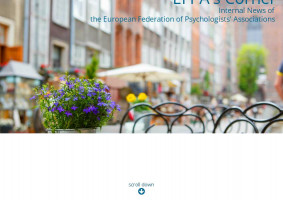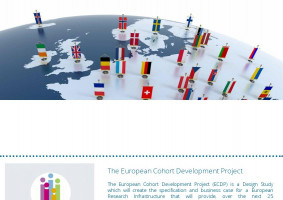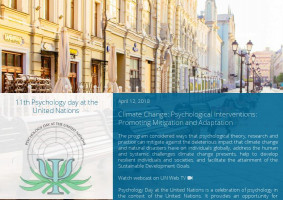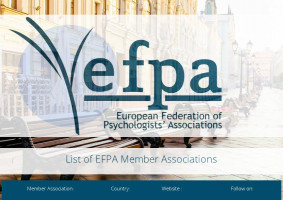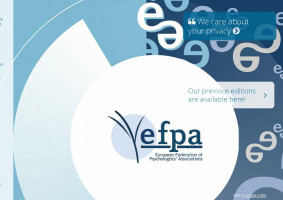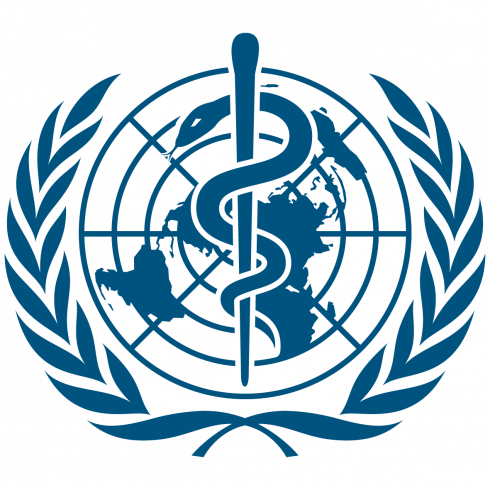
WHO releases new International Classification of Diseases (ICD 11)
18 June 2018 - Geneva
The World Health Organization (WHO) has released its new International Classification of Diseases (ICD-11).
The ICD is the foundation for identifying health trends and statistics worldwide, and contains around 55 000 unique codes for injuries, diseases and causes of death. It provides a common language that allows health professionals to share health information across the globe.
“The ICD is a product that WHO is truly proud of," says Dr Tedros Adhanom Ghebreyesus, WHO Director-General. “It enables us to understand so much about what makes people get sick and die, and to take action to prevent suffering and save lives."
ICD-11, which has been over a decade in the making, provides significant improvements on previous versions. For the first time, it is completely electronic and has a much more user-friendly format. And there has been unprecedented involvement of health care workers who have joined collaborative meetings and submitted proposals. The ICD team in WHO headquarters has received over 10 000 proposals for revisions.
More information on the WHO website
James Georgas received his PhD from Loyola University of Chicago, Illinois, USA. Among many other positions, he served as Professor at the Department of Psychology of the National and Kapodistrian University of Athens (1981-2002), Head of the Department of Psychology (1988-1997) and Director of the Postgraduate Program of Clinical Psychology (1996-2001). During his long academic career, he vastly contributed to the development of psychology and social psychology in Greece and cross-cultural theory and research internationally.
Jim was Emeritus Professor of Psychology at the University of Athens in Greece and Founding and Honorary Member of the Association of Greek Psychologists. He was committed to EuroPsy (European Certificate of Psychology) and for many years he was member of EuroPsy Steering Group of EFPA which became later the European Awarding committee EAC, led by Prof. Ingrid Lunt.
He was the person who inspired the Aristotle Prize that was given to EFPA by the Association of Greek Psychologists and the Hellenic Psychological Society at the European Congress of Psychology in July 1995 in Athens. The Aristotle Prize was to be awarded to a psychologist from Europe who has made a distinguished contribution to psychology.
A lot of EFPA colleagues will remember him as a friendly, open minded and interested colleague and a highly respected expert. EFPA’s president Telmo Baptista, on behalf of the Executive Council and Staff of EFPA, offers sincere condolences to the family of Jim.
16th European Congress of Psychology Moscow, Russia, 2-5 July 2019
Call for Abstracts and Registration now open:
The Scientific Committee for the 16th European Congress of Psychology invites you to submit abstracts for ECP 2019.
Abstracts are sought for:
We welcome contributions from any field of psychology, and expect authors to submit original works that have not been published or accepted for presentation elsewhere neither in English nor in other languages. All abstracts will be subjected to peer-review of your fellow colleagues, coordinated by the Scientific Committee
- Proposed symposium and panel discussion submission closure 05 November 2018
- Oral / poster presentation submission closure 03 December 2018
- Notification of acceptance for all type of submissions 04 February 2019
- Early bird registration closure 01 April 2019
- Registration is now open
- Registration fees

_w446_h588_1.jpg)


